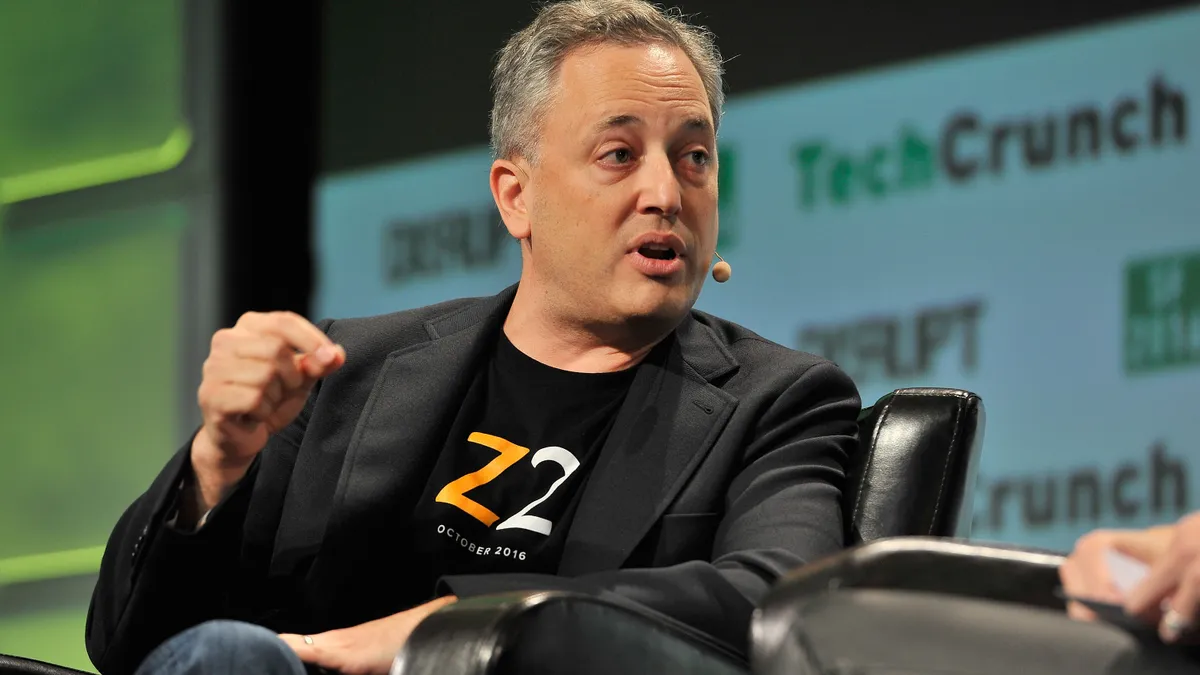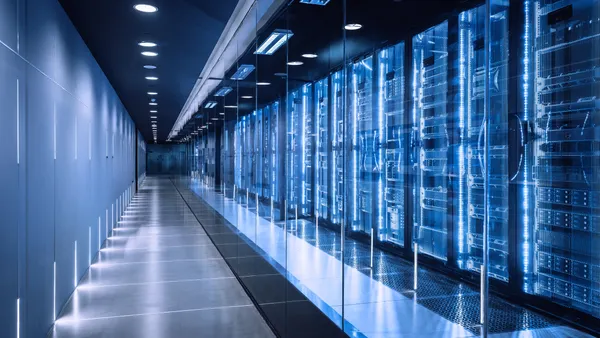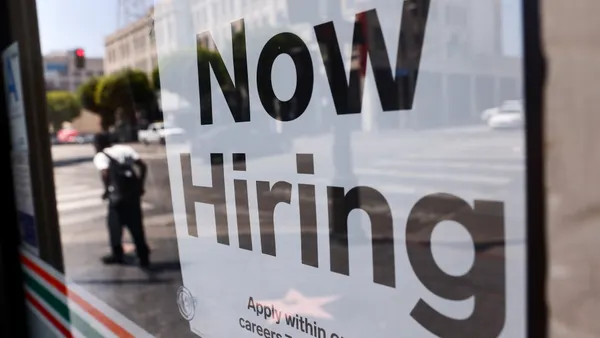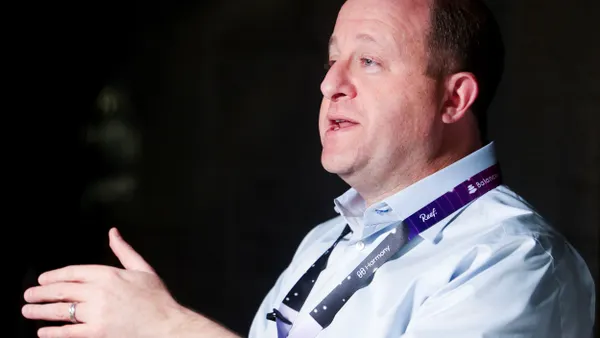Dive Brief:
- Businesses should prepare for significant artificial intelligence policy changes in the U.S. under President-elect Donald Trump, with the federal government likely shifting its focus toward promoting innovation and reducing regulatory barriers, according to a recent blog post published by global law firm Perkins Coie LLP.
- Signals of how the incoming administration will approach AI policy include Trump’s Thursday announcement that he has picked former PayPal executive David Sacks to serve as “AI and crypto czar.”
- “We would expect Sacks to be less focused on the potential harms of AI and more focused on promoting and facilitating AI innovation with fewer restraints,” Perkins Coie attorneys Marc Martin, Meeka Bondy and Sydney Veatch wrote in the blog post.
Dive Insight:
In a Thursday post on Truth Social, Trump said Sacks will focus on “making America the clear global leader” in AI and cryptocurrency. Sacks will also lead the Presidential Council of Advisors for Science and Technology, the president-elect said.
Sacks is a co-founder of Craft Ventures, a venture capital firm that invests in early-stage and growth companies. He first got involved in the technology industry in 1999 when he joined early-stage startup Confinity, later renamed PayPal, where he served as the company’s first product leader and then as chief operating officer, according to a bio posted on Craft’s website.
The selection of Sacks as “AI and crypto czar” is among “several strong indications” of how the new administration is likely to approach AI policy, according to the Perkins Coie blog post.
Trump has pledged to revoke a sweeping executive order on AI issued by President Joe Biden last year. The order called for various policies to ensure that AI is developed and used in a safe and responsible manner.
“Harnessing AI for good and realizing its myriad benefits requires mitigating its substantial risks,” Biden said in the order.
During his first term in office, Trump issued two executive orders on AI — one in 2019 and the other in 2020 — that reflected a “fairly laissez-faire” approach, the Perkins Coie attorneys said.
Trump will return to the White House amid growing concerns about potential abuses of AI tools, including the use of “deepfake technology” to impersonate individuals in bogus yet convincing videos or audio recordings.
The president-elect is among public figures who have been the targets of deepfake images.
In a June podcast interview with YouTuber and professional wrestler Logan Paul, Trump warned that AI can be “dangerous,” particularly as a generator of deepfakes. However, he also called AI an “incredible” technology, and he said the U.S. must be ready to compete with China when it comes to innovation in the space.















